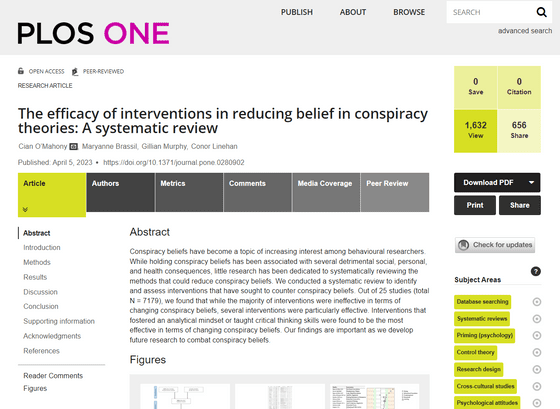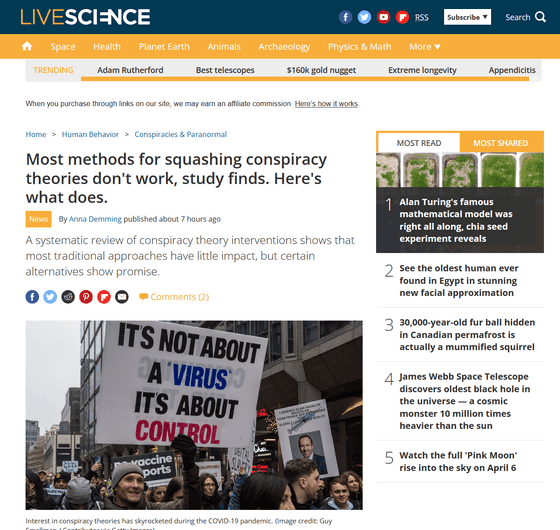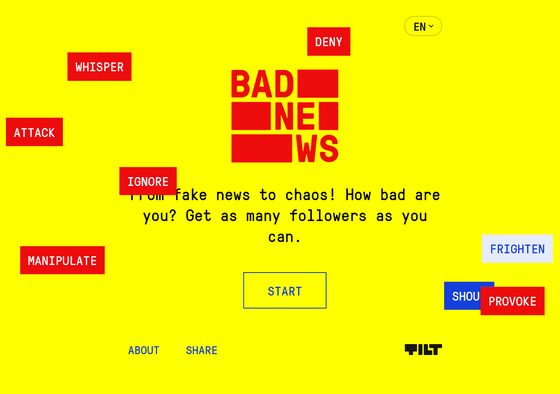Studies show that traditional approaches to dissolving conspiracy theories are of little use, so what methods are effective?

The widespread influence of conspiracy theories has prompted calls for action, but new research shows that traditional approaches to countering conspiracy theories have little effect. In this research, a promising alternative conspiracy theory countermeasure, such as 'information inoculation' in which people are exposed to information in advance, just like a vaccine, is proposed.
The efficacy of interventions in reducing belief in conspiracy theories: A systematic review | PLOS ONE

Most methods for squashing conspiracy theories don't work, study finds. Here's what does. | Live Science

Conspiracy theories have been a frequent problem in the past, but they became a particularly big public health threat during the COVID-19 pandemic. For example, anti-vaccine advocates may avoid vaccinating themselves or their children, claiming that some dangerous consequences of vaccination are being hidden. This
One factor that makes this problem difficult is that research on countermeasures to eliminate conspiracy theories has not progressed. Sian O'Mahony of University College Cork, Ireland, who led the study published on April 5, 2023 in the peer-reviewed open-access journal PLOS ONE, said, ``Previous research supports conspiracy theoretic beliefs. The emphasis is on understanding, and research into designing countermeasures against conspiracy theories is a new field, and when we did our research, there were only a handful of papers published on the topic. I did.'

To assess the efficacy of previously studied countermeasures against conspiracy theories, O'Mahony and colleagues identified 25 articles on conspiracy theories from three databases of papers, which were included. intervention trials were analysed.
As a result, it was confirmed that the traditional method of ``rebuttal'', which has been used to correct conspiracy theories, is extremely ineffective. Among the interventions that tested the effect of ``counter-arguments'', techniques that explained both motives and contradictions in conspiracy-theoretic thinking were slightly more effective, but counter-arguments that attempted to appeal to participants' empathy and conspiracy theories were slightly more effective. counterarguments that attempt to ridicule did little to reduce conspiracy theories.
Furthermore, it turned out that measures to 'label' conspiracy theory claims not only have a small effect, but also encourage conspiracy theories in some cases. It turns out that interventions that give participants a sense of control, a sense of being in control, also backfire.

On the other hand, some intervention methods showed a certain effect. The most promising of these was training in how to critically analyze information and distinguish between pseudoscience and real information. In addition, a technique called `` priming '', which deliberately uses text in a difficult-to-read font to put participants in a careful mental state, has also succeeded in alleviating conspiracy theory beliefs to some extent.
There is also an intervention called “information inoculation” that has been shown to be effective. This is a technique that warns against misinformation and presents counterarguments to conspiracy theories before mentioning them. . However, Mr. O'Mahoney points out that if a conspiracy theory is planted before the correct 'inoculation', it may result in the spread of the conspiracy theory.
As a follow-up to this research, the research team led by O'Mahoney is developing a game aimed at improving players' critical thinking. Another study published in 2019 also showed that Bad News , a game aimed at inoculating fake news, significantly reduced the impact of disinformation on social media.

O'Mahoney said, 'Although it may seem a little avant-garde to counter conspiracy theories in games, it has proven to be a promising avenue for developing critical thinking skills against conspiracy theories.' I talked to
Related Posts:
in Science, Posted by log1l_ks







